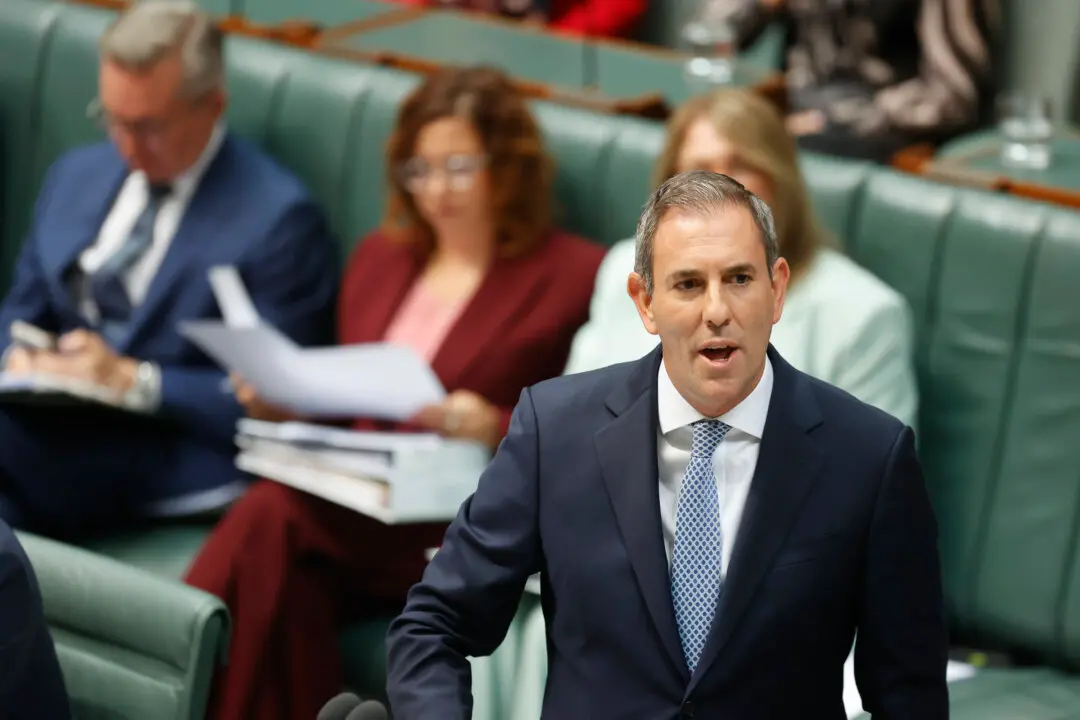In its final monetary policy meeting before the federal election, the Reserve Bank of Australia (RBA) has kept interest rates unchanged, despite government hopes for a further cut.
The Board cited global uncertainties and the need for confidence in inflation returning to its target range before adjusting policy.





